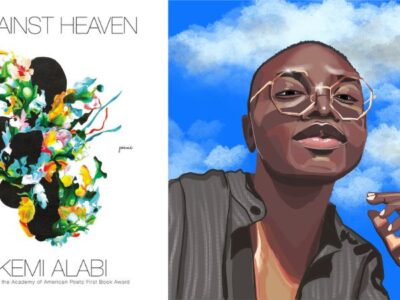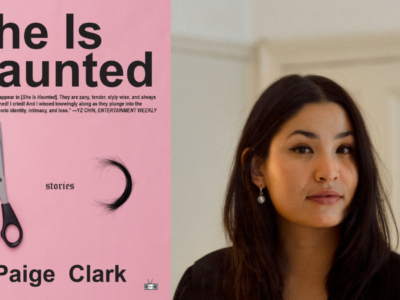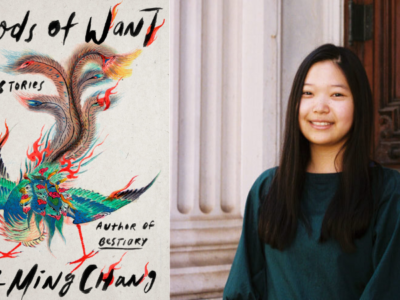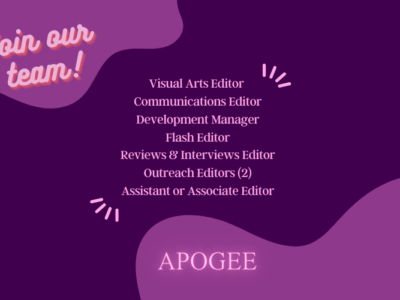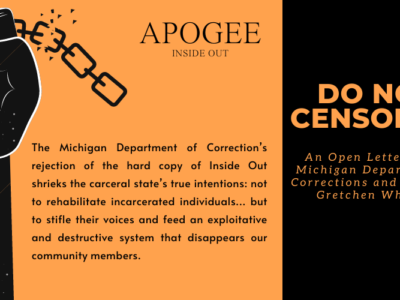“Shamelessly Lyrical and Ecstatic”: An Interview with Kemi Alabi
"I'm always playing with sound, trying to find the line, and letting language lead me somewhere. I'm satisfied with what I've found when the real shit pops up, and that's what I can revise toward. Black feminist writers taught me the urgency, political potency, and transformative power of truth-telling, and the only truth I'm interested in is accessed through vulnerability—I'm skeptical of its other origins."
“The Beauty Is Where the Play Is”: A Conversation with Paige Clark on “She is Haunted”
Many of Clark’s protagonists are mixed-race Asian women who grapple with how their heritage shapes their relationships with friends, family members, and lovers. More than a few of them are named Elisabeth (or variations thereof) and share overlapping histories and similar lexicons—as if they were parts of a single consciousness refracted across time and space.
The Collective Hungers of Women: K-Ming Chang on “Gods of Want” and the Pluralistic “I”
Chang speaks on the poetic and narrative mechanisms at work in her short story collection, Gods of Want.
Join Apogee! Apply by September 15th
The Apogee team is growing! We’re so excited to be interviewing for eight roles across Apogee Journal and Perigee, our digital vertical.
Do Not Censor Us: An Open Letter
The Michigan Department of Corrections rejected the latest issue of Apogee from getting to incarcerated contributors because they claimed it "promotes violence." We call for an end to arbitrary censorship of artistic material in prisons and jails, and stand in solidarity with those struggling to be free in body, mind, and spirit.
“Writing, I Can’t Waste Time”: Alejandro Varela & the Political Public Health Novel
In his debut novel "The Town of Babylon," Alejandro Varela tells the story of Andrés, a Latinx professor whose reluctant suburban homecoming rekindles old high-school friendships and past loves. As Andrés negotiates personal ties and the social frictions running through them, Varela weaves a discerning account on the interpersonal and political definitions of community. In an interview with Executive Editor Alexandra Watson, Varela discusses the inspirations behind the novel - his experiences growing up in a white-majority suburb, and how studying and working in public health illuminated his writing and understanding of the "American Dream."

